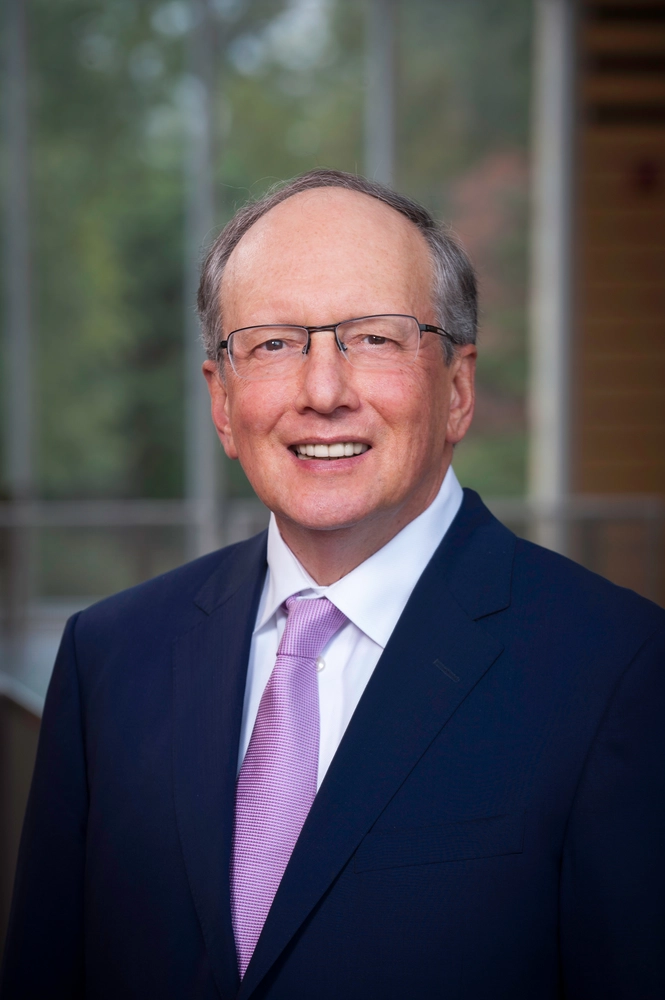
Episode 43 -September 29, 2025
Morris Kleiner, professor and AFL-CIO Chair in Labor Policy at the Humphrey School of Public Affairs at the University of Minnesota, discusses his academic background, his research on state-to-state labor migration and occupational licensing, and his impact on public policy.
In this episode, Kleiner and Ashenfelter discuss:
- Kleiner’s background as the child of Holocaust survivors and his upbringing in Peoria, Illinois. “Both of my parents were Holocaust survivors. My father had survived both Auschwitz, Starachowice, and later on Dachau, and was liberated by the American troops portrayed in Steven Spielberg's Band of Brothers…”
- His Bradley University undergraduate education and how World War II military veterans shaped his worldview. “The economics department was really dominated by the folks from the Greatest Generation, individuals who'd been in World War II and really had a very different perspective on life and the role of the academy in advancing work and economics.”
- His graduate studies at the University of Illinois and his dissertation topic, which focused on labor migration in the United States. “...my part of the dissertation was working on analyzing and developing forecasting models of migration across states.”
- Kleiner’s research on occupational licensing, especially his study of the policy from the 1870s to today. “...in the 1870s…almost no one was licensed. There would be maybe one percent…the Supreme Court said [in 1870] that it was appropriate for the state to intervene. Now about one in four workers.”
- His work with Alan Krueger, when Krueger was the head of the Council of Economic Advisors."...we were able to get questions on the current population survey, the survey of income and program participation, and several other major government databases, asking specifically about whether workers had attained an occupational license…”
- How Kleiner’s work has influenced major policy debates in the United States. “...it's really become a very important public policy issue, and there are many individuals, policy analysts, economists, who are now working on the issue, which is very different than was the case in the 1970s and early 80s.”
- Kleiner’s current work on the impact of occupational licensing on ex-offenders.
Morris Kleiner earned his Ph.D. from the University of Illinois in 1974. He is currently professor and inaugural AFL-CIO Chair of Labor Studies at the Humphrey School of Public Affairs, University of Minnesota. He is a research associate at the National Bureau of Economic Research and a visiting scholar at the Federal Reserve Bank of Minneapolis. "The Work Goes On"—a podcast produced by Princeton's Industrial Relations Section (IR Section)—is an oral history of industrial relations and labor economics hosted by Princeton's Orley Ashenfelter.
Kleiner, Morris M. Grease or Grit?: International Case Studies of Occupational Licensing and Its Effects on Efficiency and Quality. Kalamazoo, Michigan: W.E. Upjohn Institute for Employment Research, 2022.
Kleiner, Morris M. Guild-Ridden Labor Markets the Curious Case of Occupational Licensing. Kalamazoo, Michigan: W.E. Upjohn Institute for Employment Research, 2015.
Kleiner, Morris M. Stages of Occupational Regulation: Analysis of Case Studies. Kalamazoo, Michigan: W.E. Upjohn Institute for Employment Research, 2013.
Kleiner, Morris M. Licensing Occupations: Ensuring Quality or Restricting Competition? Kalamazoo, Michigan: W.E. Upjohn Institute for Employment Research, 2006.